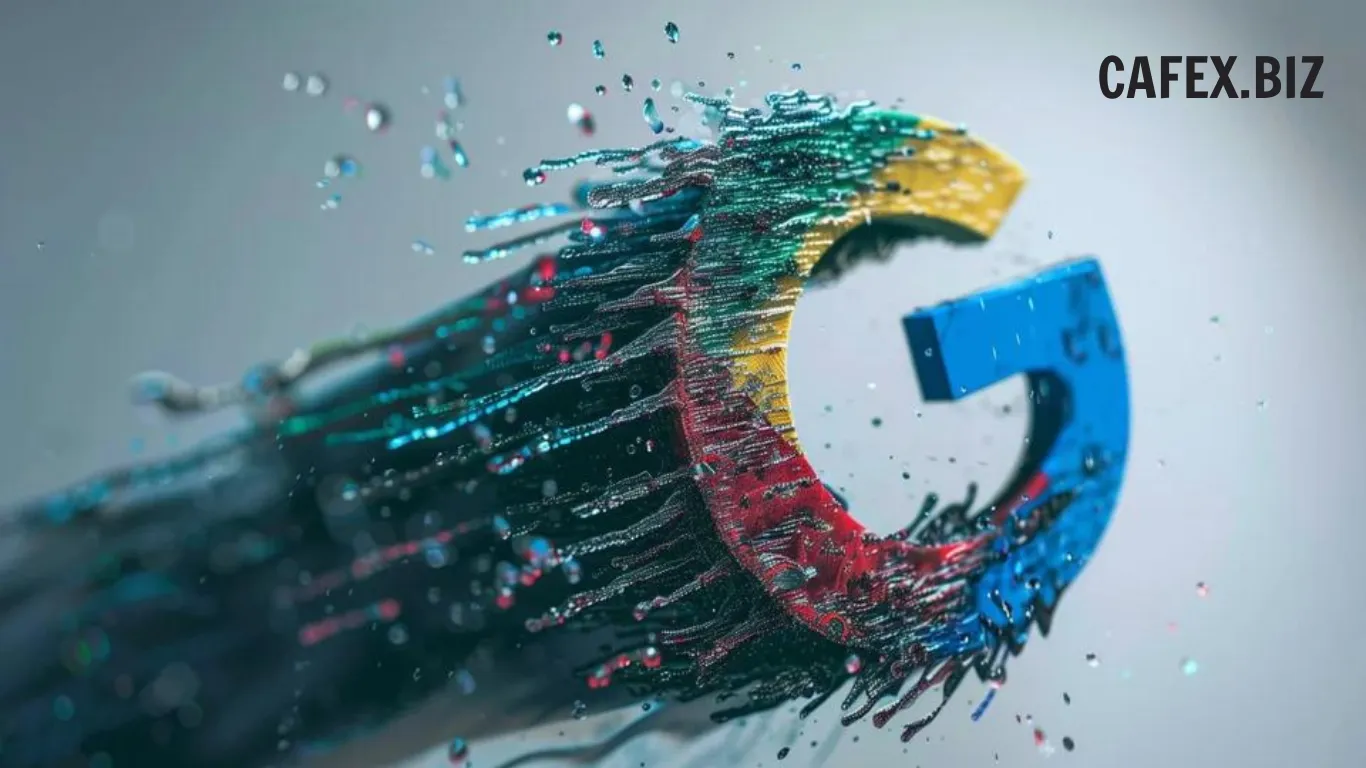In a world where technological supremacy is the linchpin of corporate dominance, the battle for AI superiority has taken center stage. Recent revelations from a series of internal emails have shed light on Microsoft’s strategic investment in OpenAI, painting a picture of a corporate giant driven by the fear of being outpaced by its arch-rival, Google.
The year was 2019, and the tech industry buzzed with whispers of Google’s strides in AI. It was an era of rapid advancement, where machine learning models like BERT and GPT-2 were breaking new ground. Google, with its DeepMind acquisition and TensorFlow platform, was at the forefront, seemingly untouchable in its AI prowess. This did not sit well with Microsoft, a company that has always prided itself on being a leader in innovation.
The uncovered emails reveal a sense of urgency that gripped the top echelons of Microsoft. The Chief Technology Officer’s words echoed a sentiment of concern, a realization that the AI model-training capability gap between Microsoft and Google was widening. It was a gap that needed to be bridged—and fast. The solution? A bold and hefty investment in OpenAI, a then-emerging powerhouse in the field of artificial intelligence.
Emails Uncover Microsoft’s OpenAI Investment Motivated by Google’s AI Success
This move was not merely a financial transaction; it was a statement. Microsoft was not ready to cede the AI throne to Google. By aligning with OpenAI, Microsoft sought to leverage the startup’s groundbreaking research and ambitious vision to democratize AI technology. It was a partnership that promised to accelerate Microsoft’s AI initiatives, integrating cutting-edge technologies into its suite of products and services.

The investment has since borne fruit, with OpenAI’s capabilities becoming a cornerstone of Microsoft’s AI strategy. From Azure AI’s enhanced offerings to the integration of advanced natural language processing in Microsoft 365, the influence of OpenAI is evident. The partnership has also spurred innovation, leading to the development of new AI-powered solutions that have reshaped industries and redefined what is possible.
However, the path to progress has been strewn with obstacles. The tech world is a landscape of constant change, where today’s innovations become tomorrow’s history. Microsoft’s investment in OpenAI was a gamble, a bet on the future of AI and its potential to transform the world. It was a decision made under the shadow of Google’s success, a testament to the competitive spirit that drives the tech industry forward.
As we look back on this pivotal moment, we see more than just a corporate maneuver. We see a narrative of rivalry and determination, a saga of two tech titans locked in a race to lead the AI revolution. Microsoft’s investment in OpenAI was a turning point, a catalyst that has propelled the company into a new era of AI innovation.
The emails not only uncover the motivations behind Microsoft’s investment but also highlight the broader implications for the tech industry. They serve as a reminder that in the quest for AI supremacy, no stone will be left unturned, and no investment is too great if it means staying ahead in the game. Microsoft’s bet on OpenAI was a calculated risk, one that has reshaped the company’s trajectory and solidified its place in the annals of AI history.

-1710729295.jpg)


-1709605511.jpg)